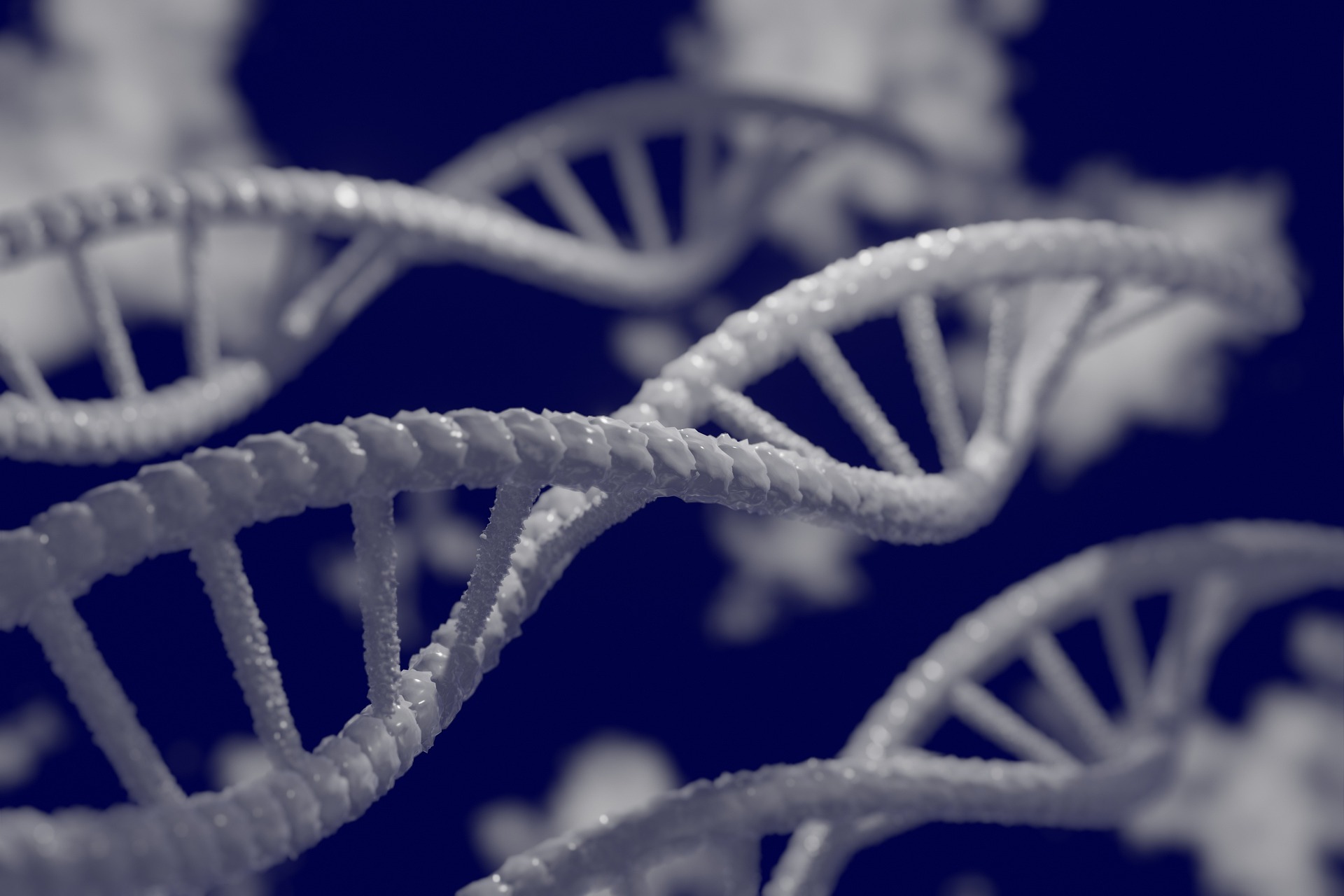Cancer Cell Biology: Research Foundations and Treatment Insights
Cancer cell research explores the behavior and growth of cancer cells to uncover new insights for treatment and prevention. By studying these cells, scientists aim to develop more effective therapies, improve patient outcomes, and advance understanding of how cancer develops and spreads.

How Cancer Cells Differ in Growth and Development
Understanding cancer cell behavior and growth reveals fundamental differences from healthy cellular processes. Normal cells follow strict regulatory mechanisms that control when they divide, grow, and die. Cancer cells, however, bypass these natural checkpoints and exhibit uncontrolled proliferation. They develop the ability to ignore growth-inhibiting signals, resist programmed cell death, and stimulate their own growth factors. These cells also acquire the capacity to invade surrounding tissues and metastasize to distant organs, distinguishing them from benign tumors that remain localized.
The transformation from normal to cancerous cells typically involves multiple genetic alterations accumulated over time. These changes affect key cellular pathways responsible for DNA repair, cell cycle regulation, and apoptosis. Cancer cells often display genomic instability, leading to further mutations that can enhance their survival advantages and treatment resistance.
Current Scientific Studies Revealing Cancer Mechanisms
Cancer cell research studies and findings have accelerated dramatically with advanced technologies like genomic sequencing, proteomics, and single-cell analysis. Recent studies have identified specific molecular signatures that predict treatment responses and disease progression. Researchers have discovered that cancer cells alter their metabolism to support rapid growth, often switching to glycolysis even in oxygen-rich environments—a phenomenon known as the Warburg effect.
Immunotherapy research has revealed how cancer cells evade immune system detection by expressing checkpoint proteins that suppress immune responses. Studies on tumor microenvironments show how cancer cells manipulate surrounding healthy cells, including blood vessels and immune cells, to create supportive conditions for growth and spread. Liquid biopsy research enables scientists to detect circulating tumor DNA and cells in blood samples, providing insights into tumor evolution and treatment resistance patterns.
Essential Tools and Databases for Cancer Scientists
Resources for cancer cell research scientists have expanded significantly, providing unprecedented access to genomic databases, analytical tools, and collaborative platforms. The Cancer Genome Atlas (TCGA) offers comprehensive genomic profiles of thousands of tumor samples across multiple cancer types. The Catalogue of Somatic Mutations in Cancer (COSMIC) database provides detailed information about genetic mutations found in human cancers.
Research institutions maintain specialized core facilities offering advanced microscopy, flow cytometry, and next-generation sequencing services. Computational resources include bioinformatics pipelines for analyzing large datasets, machine learning platforms for pattern recognition, and visualization tools for complex genomic data. Professional organizations like the American Association for Cancer Research (AAPR) and International Association for the Study of Lung Cancer (IASLC) provide networking opportunities, funding information, and access to cutting-edge research findings.
Treatment Development Based on Cellular Understanding
Modern cancer treatment strategies directly reflect our improved understanding of cancer cell biology. Targeted therapies focus on specific molecular abnormalities present in cancer cells, such as overexpressed growth factor receptors or mutated signaling proteins. Precision medicine approaches analyze individual tumor characteristics to select treatments most likely to be effective for specific patients.
Combination therapies address the reality that cancer cells develop resistance through multiple pathways. By simultaneously targeting different cellular mechanisms, these approaches aim to prevent or overcome treatment resistance. Newer strategies include drugs that target cancer stem cells, which may be responsible for treatment resistance and disease recurrence.
This article is for informational purposes only and should not be considered medical advice. Please consult a qualified healthcare professional for personalized guidance and treatment.
Cancer cell research continues evolving rapidly, with new discoveries regularly translating into clinical applications. The integration of artificial intelligence and machine learning with traditional research methods promises to accelerate the pace of discovery. As our understanding of cancer cell behavior becomes more sophisticated, treatment approaches become increasingly precise and effective, offering hope for improved outcomes across all cancer types. The collaborative nature of modern cancer research, supported by comprehensive databases and advanced analytical tools, ensures that scientific insights can be quickly shared and applied to benefit patients worldwide.




